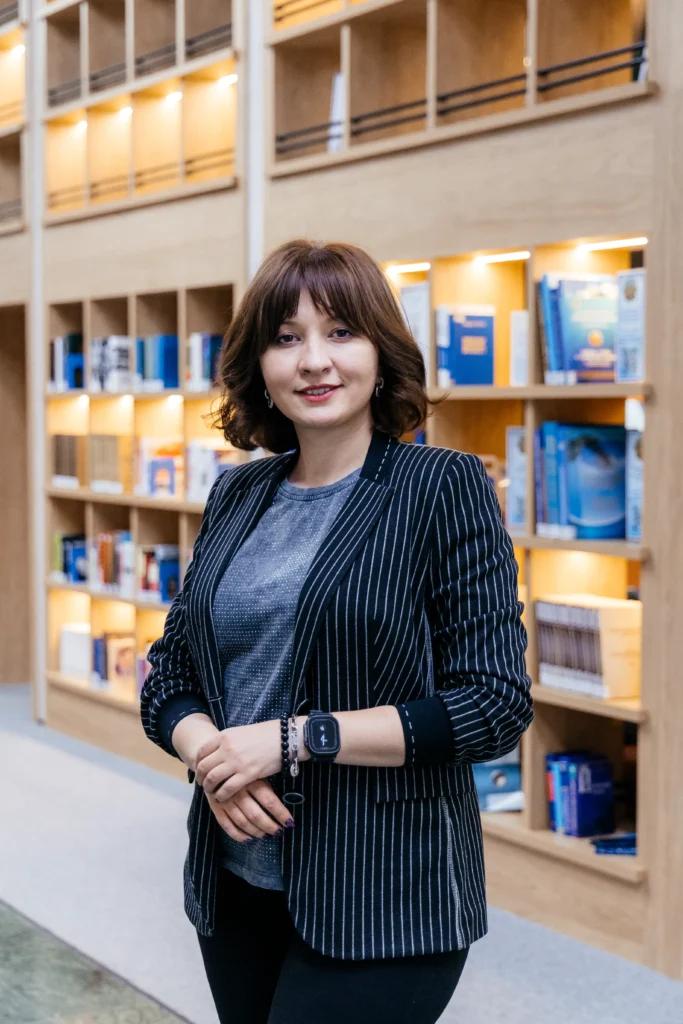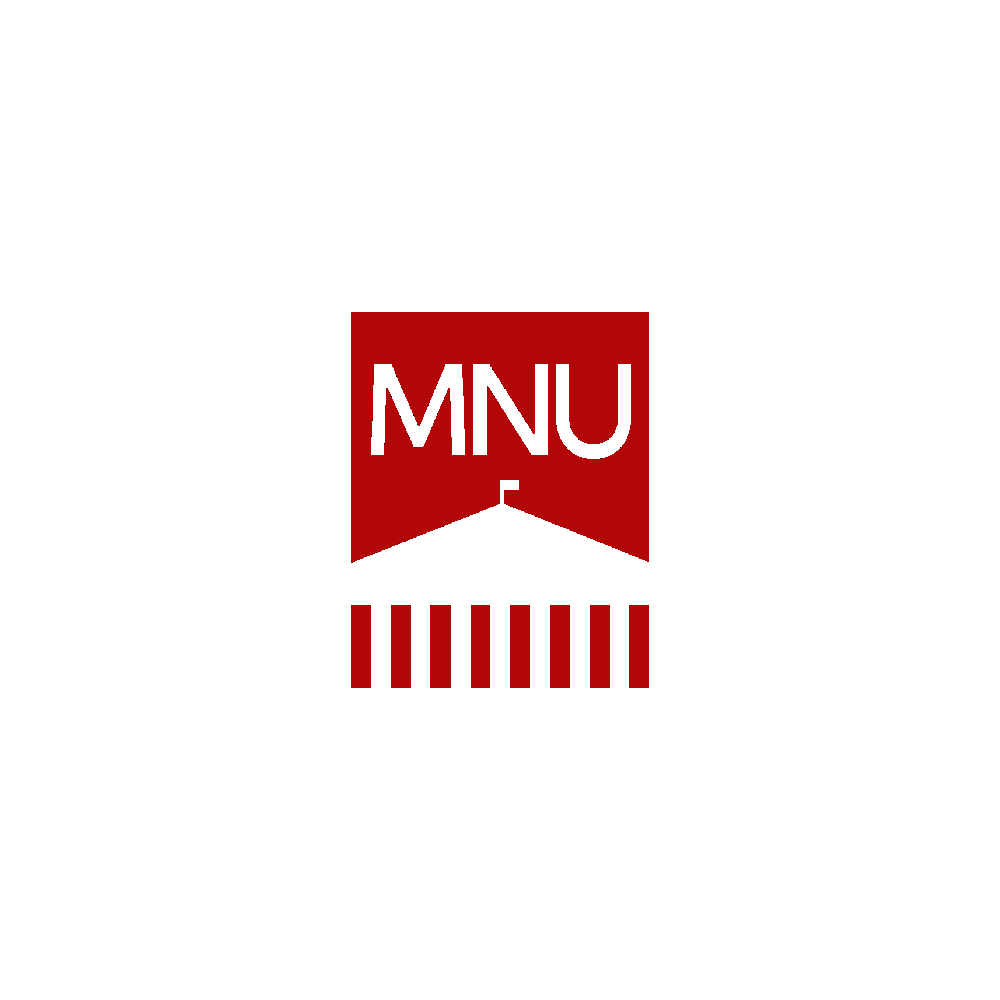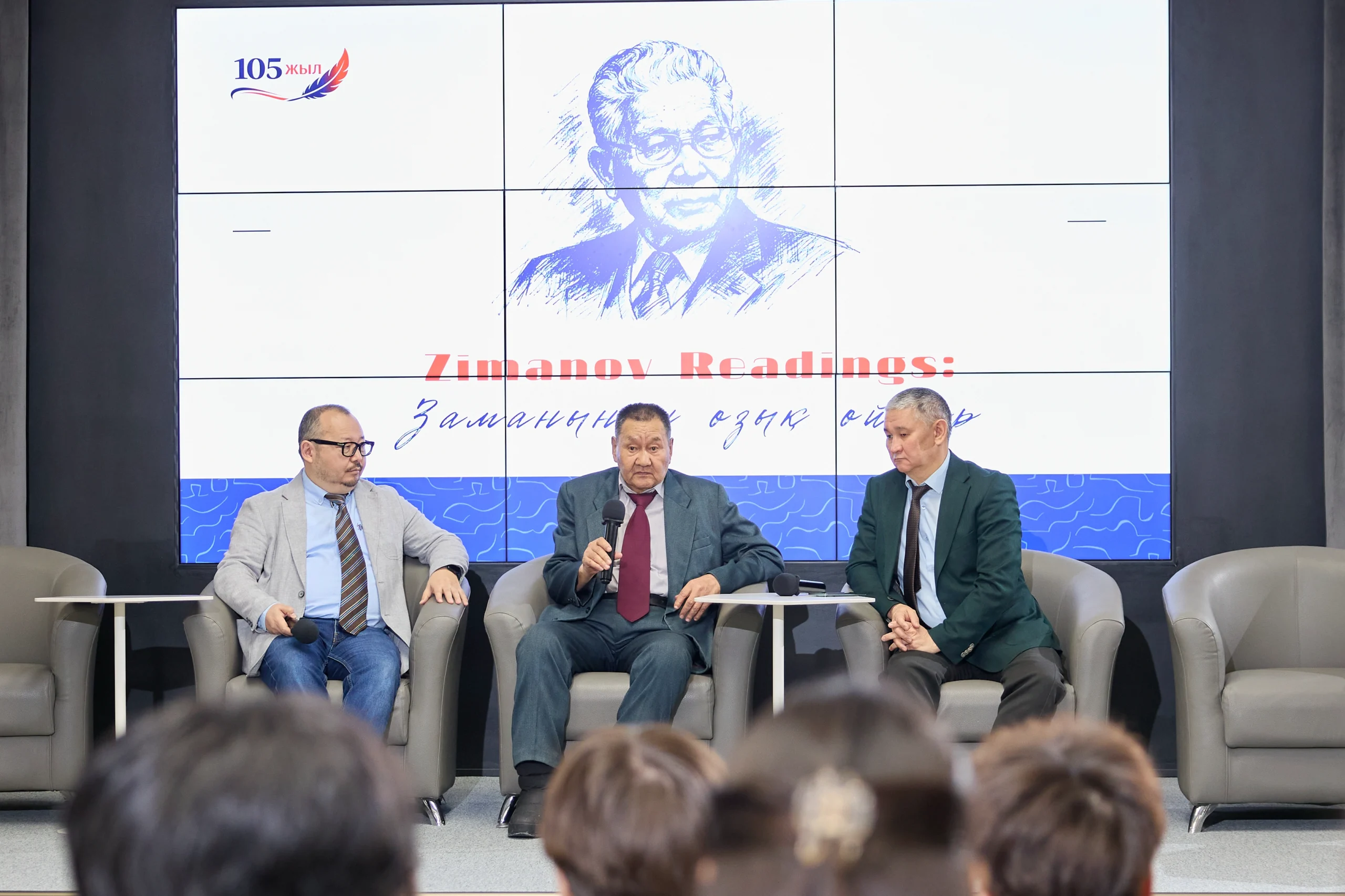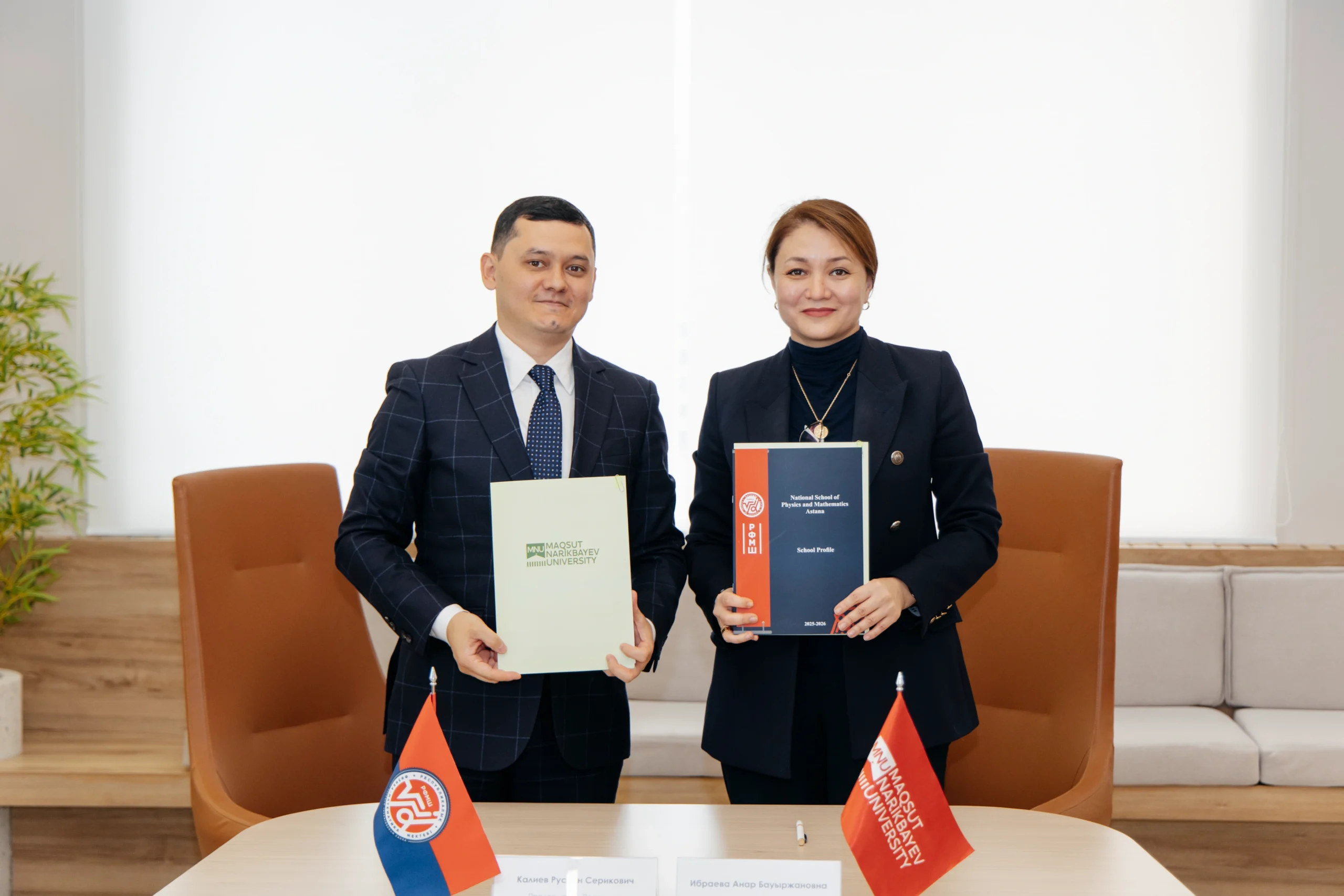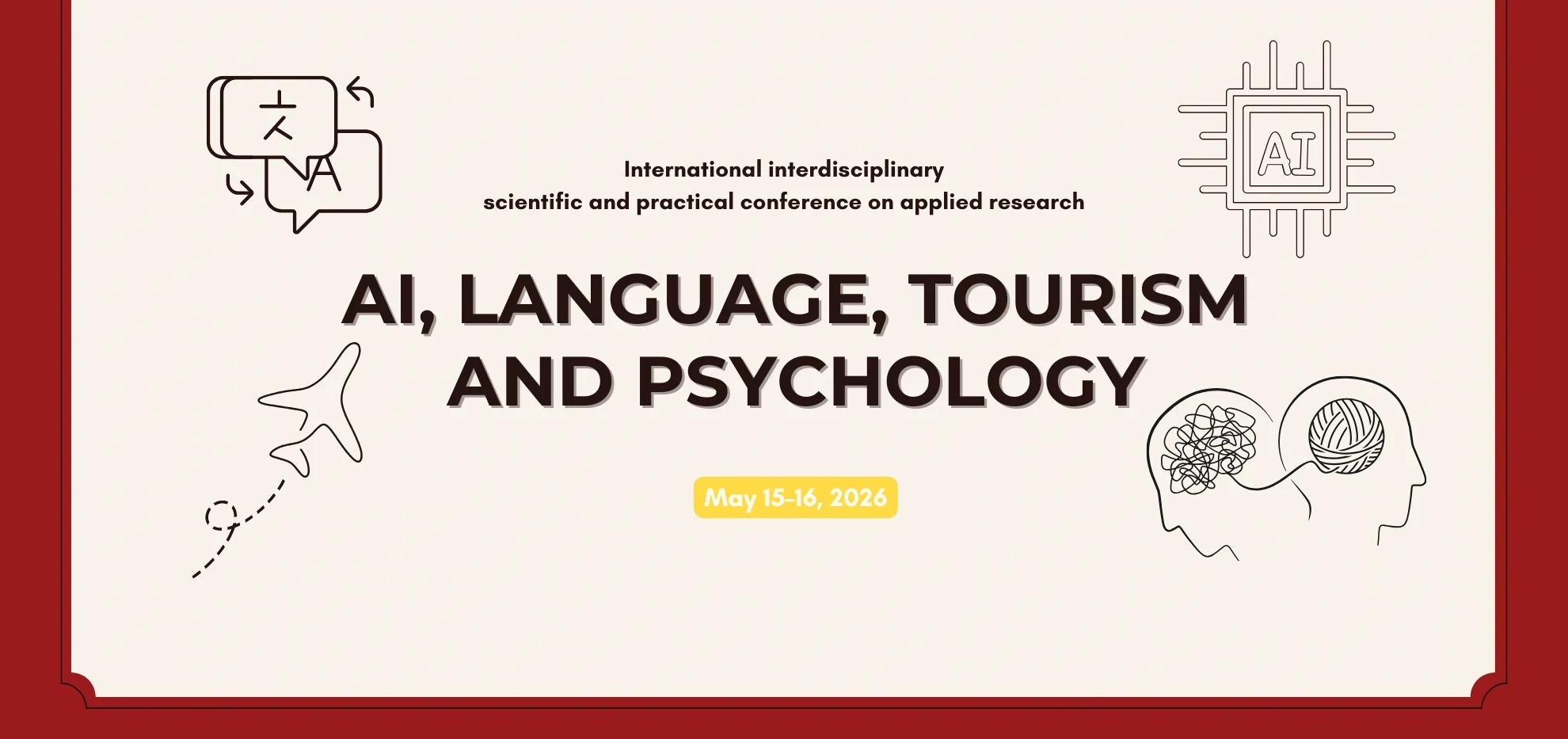Maqsut Narikbayev University continues its transformation into a research-oriented institution and remains the leading centre of legal education in Kazakhstan. Olga Bektibayeva, Dean of the MNU Law School, discusses how the university sustains its leadership, reflects on the highlights of the past academic year, and outlines forthcoming initiatives and projects.
– Ms Olga, how does the academic year conclude for the Law School? What changes and achievements have marked the educational process and research activities?
– The past academic year has, as always, been characterised by new challenges, accomplishments, and ongoing transformation at the Law School. We consistently strive to enhance the quality of our academic programmes. This year, particular emphasis was placed on the track dedicated to the theory of law and the state. We restructured it to ensure the systematic development of essential competencies not only during the first year of study—as is typically the case in many undergraduate law programmes—but across all subsequent years. Moreover, we introduced a new course titled Kazakh Statehood and Kazakh Law.
The advancement of Kazakh law and legal instruction in the Kazakh language has become a second principal area of focus for the 2024–2025 academic year. This encompasses both legislative development in an applied context and the provision of high-quality training for legal practitioners. Notably, we published the long-anticipated Kazakh–Russian Legal Dictionary: Errors and Interpretations, which is intended to standardise legal terminology in the Kazakh language.
Faculty members also contributed significantly by translating Dmitriy Dozhdev’s seminal textbook Roman Private Lawand publishing one of MNU’s most widely used legal texts, General Administrative Law of the Republic of Kazakhstan, authored by Professor Roman Melnik. These publications are expected to substantially enhance the education of Kazakh-speaking law students.
Associate Professor Almas Zhumagali, in collaboration with students, prepared a unique scholarly work entitled The Evolution of Criminal Laws: The Criminal Law Adopted in 1922. This publication exemplifies a novel approach to student-led research that was introduced during the current academic year. Since September, we have undertaken a comprehensive reform of our student research model by integrating it closely with the research endeavours of our academic departments. At present, students and faculty collaborate on addressing shared research objectives, with their collective findings incorporated into the Annual Research Report of the respective research unit.
We observed the first tangible outcomes of this approach during the annual MNU Law School Showcase, which, this year, attracted a record number of participants—over 100 projects.
It is also worth highlighting the expansion of the School’s international academic collaborations. This year, we inaugurated an exceptional dual-degree programme in partnership with Penn State University School of Law (USA). Under this programme, students may obtain a Bachelor of Laws degree from MNU and a Master of Laws degree from Penn State University within four years. The inaugural cohort—third-year students of the Law School—has already been selected, received their offers, and will commence their studies in the United States in September 2025.
Furthermore, we signed an agreement to implement a 4+1 programme with the University of Liverpool (UK), which offers preferential admission conditions and unique benefits for our graduates seeking to pursue master’s degrees at this institution. These initiatives not only benefit our students but also contribute to strengthening the international standing of the MNU Law School.
The accomplishments of our students in prestigious international competitions also serve to reinforce our academic reputation. During the outgoing academic year, Law School students secured victory in the AIFC Moot Court Competition for the fourth consecutive year, won the national round of the Philip C. Jessup International Law Moot Court Competition for the 23rd time, received the first Honourable Mention for Best Memorial in Central Asia at the Vis East Moot 2025, and successfully represented Kazakhstan at the Pax Moot and Jean Pictet Competition 2025. Additionally, they earned second place at the inaugural International Legathon MaxUP.
Lastly, I would like to emphasise that the MNU Law School continues to lead the national rankings for academic programmes in the field of law, as published by the Atameken National Chamber of Entrepreneurs of the Republic of Kazakhstan.
– This year, the Law School anticipates graduating approximately 300 specialists. In your view, how does the School manage to consistently uphold high standards, maintain its leadership in legal education, and remain at the top of academic rankings?
– In my opinion, the answer is both simple and complex, and in fact, it is not a secret at all. We possess all the essential components for sustained success:
• an outstanding faculty (we devote continuous effort throughout the year to identifying and nurturing academic talent, and have established a comprehensive system for cultivating a new generation of academic staff);
• highly relevant academic programmes (programme directors are exceptionally responsive to change and diligently monitor emerging trends not only in the legal sector, but also in academia, ensuring a judicious balance between the fundamental principles of legal education and the evolving demands of legal practice);
• strong engagement with the professional community (the School’s Business Council, comprised of prominent employers, functions as a permanent body that helps shape the strategic direction and development of academic programmes and, in effect, provides external oversight);
• rigorous academic standards (we impose high expectations regarding curriculum design, course content, and assessment methods; we strictly enforce the Bell Curve distribution and uphold a zero-tolerance policy toward academic dishonesty);
• a robust academic quality assurance system (this includes independent collegiate bodies composed of faculty and students, a transparent academic decision-making process, a faculty performance evaluation system, and an autonomous Quality Assurance Office reporting directly to the Chair of the MNU Board; in addition, we conduct monthly satisfaction surveys, maintain a responsive feedback system, and actively encourage student input);
• a culture of constructive competition (fostered through grade medians and broad student involvement in academic contests, moot courts, and internal selection processes; students are made aware of their competitiveness and its crucial role in building a successful future career).
What binds all these elements into a cohesive system that consistently produces high-quality outcomes? In my view, it is a constant openness to change, adaptability, and an unwavering commitment to continuous improvement and transformation. This is the ethos at the MNU Law School: we are persistently evolving—implementing, piloting, refining, and re-evaluating. This process is undoubtedly demanding for administrators, faculty, and students alike. However, it is the only viable path to avoid stagnation and to advance meaningfully.
– The School secured its fourth consecutive victory at the AIFC Moot Court international competition and once again represented Kazakhstan with distinction at the prestigious Philip C. Jessup International Law Moot Court Competition in the United States. In your opinion, what do these accomplishments indicate about the quality of legal education at MNU? And what key competencies do you believe future participants of such competitions must possess?
– These achievements attest to the global competitiveness of our students and confirm that their level of education meets the highest international standards. More broadly, they also indicate that we are cultivating professionals capable of representing and safeguarding the interests of Kazakhstan on the international stage, and of contributing to the construction of a just and lawful state.
Beyond possessing in-depth legal knowledge, participation in such competitions demands a range of advanced competencies: the ability to conduct legal analysis, exercise critical and independent thinking, engage in autonomous research, collaborate effectively within a team, and speak confidently in public. In addition, participants must demonstrate a high degree of responsibility, self-discipline, and time management skills. Proficiency in one or more foreign languages is also indispensable.

– One of this year’s major highlights was the inaugural international student competition in the CIS — Legathon MaxUP 2025 — initiated by MNU. The primary theme of the competition was law in the era of digital transformation. In your view, what did this event offer to both students and faculty? And does the university intend to further develop this initiative?
– Indeed, while this year’s competition focused on legal issues in the digital age, its overarching concept is significantly broader. Legathon MaxUP is the first and only large-scale competition globally that is exclusively dedicated to the law of the future. Its participants address legal questions that will emerge tomorrow, rather than revisiting the legal dilemmas of the past. This forward-looking approach fosters a truly progressive legal mindset, encourages participants to transcend the boundaries of current legal systems, and seek innovative, unconventional solutions. We are fully committed to developing this initiative further and are actively seeking partners and like-minded institutions to join us in this endeavour.
– The Law School is the oldest within MNU. What national and international accreditations and rankings have validated the quality of its educational programmes this year? How do employers evaluate the “Law” and “International Law” programmes?
– As I have previously noted, the MNU Law School remains the undisputed leader in the ranking of educational programmes within the field of law, according to the National Chamber of Entrepreneurs “Atameken”—a ranking commissioned by the Ministry of Science and Higher Education of the Republic of Kazakhstan. All of our academic programmes are accredited by internationally recognised agencies, including FIBAA and IQAA. However, we place particular emphasis on programme accreditation and endorsement by the professional legal community—namely, our employers.
The “Law” and “International Law” programmes at both undergraduate and postgraduate levels are accredited by the Kazakhstan Bar Association (KazBar). The Master’s programme in Competition Law has received formal approval from the Agency for the Protection and Development of Competition of the Republic of Kazakhstan, as well as the Eurasian Alliance of Antimonopoly Experts. Additionally, the “IT in Law” programme is accredited by the Digital Rights Center Qazaqstan (DRCQ).
– Could you elaborate on the Law School’s Master’s degree programmes? What programmes are offered, and what are their distinctive features?
– A key distinguishing feature of the specialised Master’s programmes, as compared to the two-year academic and pedagogical track, is their focus on the development of applied competencies. These programmes are specifically designed for practising lawyers who seek to acquire additional specialisations or enhance their skills in areas of law aligned with their professional interests or career needs.
Among our greatest achievements is the launch of the specialised Master’s programme in Intellectual Property and Business Law, which we developed and implemented in partnership with the World Intellectual Property Organization (WIPO). In the context of rapid advancements in information technologies and the proliferation of digital products, intellectual property has emerged as a cornerstone of entrepreneurial initiatives and the foundation of the future economy. Our programme—currently the only one of its kind in the Eurasian region—is truly unique in that it offers not only cutting-edge international expertise but also a strong regional perspective. It is implemented with the support of the Ministry of Justice and the Ministry of Science and Higher Education of the Republic of Kazakhstan. This year, we will proudly celebrate the graduation of our first cohort.
In addition to this, the Master’s portfolio also includes programmes in Competition Law, IT in Law, and Law. The IT in Law programme, developed in collaboration with EY Kazakhstan, has been running successfully for five years. The specialised Master’s programme in Competition Law was launched at the request of, and with the support from, the Agency for the Protection and Development of Competition of the Republic of Kazakhstan.
– Last year, MNU hosted a strategic session dedicated to the development of a Conceptual Framework for the advancement of legal education for the period 2025–2030. In addition, faculty members of the Law School contributed significantly to enhancing the readability of Kazakhstani legislation—an initiative that was acknowledged during recent parliamentary hearings. How important are such projects for the School, and how might their implementation contribute to the enhancement of the academic process?
– These projects and initiatives are of paramount importance not only for the Law School but also for the nation as a whole. The newly adopted Conceptual Framework for the Development of Legal Education sets forth a nationwide vision and strategic directions for reforming the legal education system over the next five years. For the first time in Kazakhstan’s history, nearly all universities offering legal education joined forces in its development—a landmark collaboration that, in my view, has the potential to provide a powerful impetus for the transformation of the national legal education system.
Equally important is the fact that the proposed approaches within the Concept uphold the principles of academic freedom and preserve the competitive regulatory model, which collectively create favourable conditions for meaningful and sustainable progress.
The initiative to improve the readability of Kazakhstan’s laws also carries significant societal value, as it is designed to make legal texts accessible and comprehensible to all citizens. However, this is only one among many research initiatives undertaken by the Law School. Each of our research schools regularly launches its own projects in nearly every major area of law. These research endeavours are systematically integrated into the academic curriculum, ensuring that our students are exposed to cutting-edge scholarship and the latest developments in Kazakhstani legal reform.
-What are the immediate priorities and development plans for the Law School in the upcoming academic year? What initiatives and projects are currently underway? Additionally, how successfully are graduates integrating into the labour market?
– Indeed, we have a wide array of plans, initiatives, and projects for the forthcoming academic year. One of our key priorities is the expansion of language instruction tracks in both the state and English languages within the undergraduate curriculum. Our aim is to ensure that students graduate with the proficiency necessary to utilise these languages professionally and academically. Looking ahead, we intend to further diversify language offerings in alignment with Kazakhstan’s strategic partnerships and international engagements.
Moreover, we are planning to incorporate a specialised track in Artificial Intelligence (AI) into the curriculum. This initiative seeks to enhance the efficiency of handling routine legal tasks while simultaneously shifting pedagogical focus towards the development of legal skills and competencies that cannot be replicated by AI—thus placing technology in service of legal expertise. Correspondingly, we will continue to revise and modernise our teaching methodologies.
With regard to practical training, we intend to make participation in the MNU Law Clinic a mandatory component of all undergraduate programmes, given that its current scale now enables us to accommodate the entire student body.
In terms of academic support, the upcoming year will see the publication of textbooks on Administrative Justice and International Labour Law. We also plan to release a “Research Guide on the Kazakh Law of International Treaties” to be launched in conjunction with the “MNU Treaty Collection”—a large-scale digital project curated by students under the guidance of the Research School of Public and Private International Law.
In addition, the recently established Research School of Tax Law has already developed and delivered several commercially successful professional development courses in areas such as international taxation and taxation in M&A transactions. This direction will continue to be a key focus alongside the School’s broader research agenda.
Further initiatives for the coming year include ongoing collaboration with the OSCE and the Supreme Court of the Republic of Kazakhstan in the retraining of judicial personnel, as well as the strengthening of international partnerships. New dual-degree and top-up programmes are planned, and while we cannot yet disclose the names of our partner institutions, exciting announcements are forthcoming.
As for graduate employability, approximately 90% of our alumni secure employment within the first year of graduation. We are continuously working to enhance this figure through career development initiatives and strengthened ties with the professional community.
– Thank you for the insightful and informative discussion!
